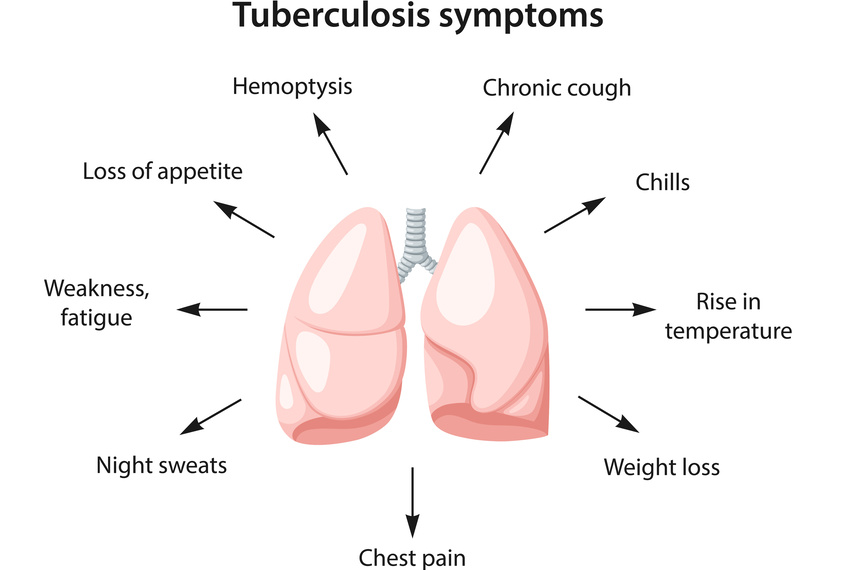Tuberculosis is a bacterial infection that can be transmitted to other people through the air. It’s not common in the United States but still exists here and abroad. If you’re caring for an aging parent with symptoms of tuberculosis, then you must know how to protect them from developing complications or passing on the disease to others. Here’s a guide on how you can care for them.
People Over 65 are at Greater Risk for Developing Complications from TB
As an older adult, your parent is at a greater risk of developing complications from TB. They may also be more likely to die from the disease if they develop it. This is why it’s essential to take precautions: informing their doctor about their medications and getting them screened for TB can help prevent further problems.
Inform your Parent’s Doctor about All the Medications they are Taking
If your parent takes any medications, it is time to make sure their doctor knows about them. Be sure to list any allergies and medications they’re allergic to. If your parent has a condition other than TB, let their doctor know about it. You can also learn about medication management tips in order to ensure that you’re well informed.
Make Sure your Parent’s Vaccinations Are Up to Date
To keep your aging parent safe and healthy, it’s essential to ensure their vaccinations are up to date. The initial series of vaccinations for tuberculosis is recommended for all adults ages nineteen or older, but in particular for people over 65 with a weakened immune system. These individuals are at risk of contracting TB from someone who has the disease, so they need to be vaccinated against it.
Make Sure your Parent’s Doctor is Aware of Their Age and Health
Your parent’s doctor will be your best resource for information about their health. They will know what kind of tests should be done and how often and can help you understand the results. If your parent has been diagnosed with TB, the doctor will also give them a treatment plan that includes medications and an exercise routine to help strengthen their immune system. This is important because it reduces the chance of developing other infections due to being sick from TB. As a caregiver, you should encourage your senior parents to drink more water as it helps with overall health.
Ask your Parent’s Doctor to Watch Out for TB Symptoms
If you’re concerned about your parent’s health, ask their doctor to perform a chest x-ray. This test will determine if there is any evidence of TB in their lungs. In addition, ask for a sputum test and blood, skin, and culture tests. If your parent is diagnosed with active TB, they may need further testing to determine the type of TB strain so that treatment can be administered appropriately.
Make Sure your Parent is Taking their Medication Correctly
If your parent is prescribed an antibiotic, it’s essential to ensure they take the correct dose at the proper time. Some patients may confuse TB treatment with other medications they’re already taking, so it’s best to ask them if they have any questions about their prescription. It also helps to check in on your parent throughout the day and ensure they follow their doctor’s instructions.
Conclusion
TB is a severe disease that can be fatal if left untreated. It’s essential to take all the proper precautions to ensure your parent’s health and safety. Talk to their doctor about the risk factors for developing TB, and ask about any concerns they may have about treatment options.







